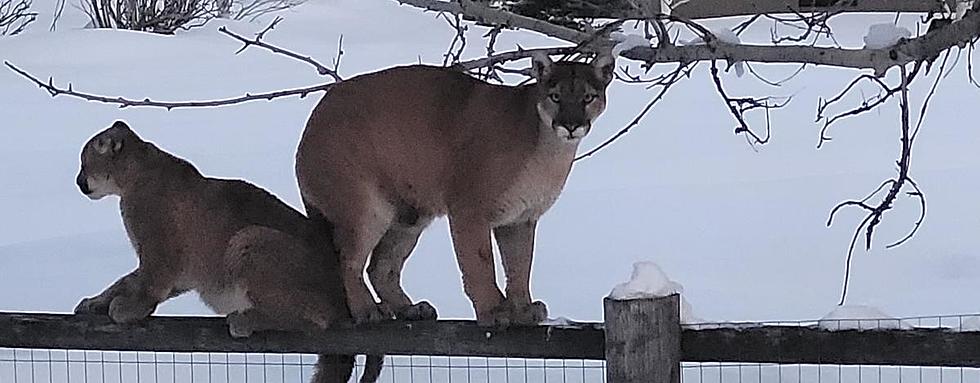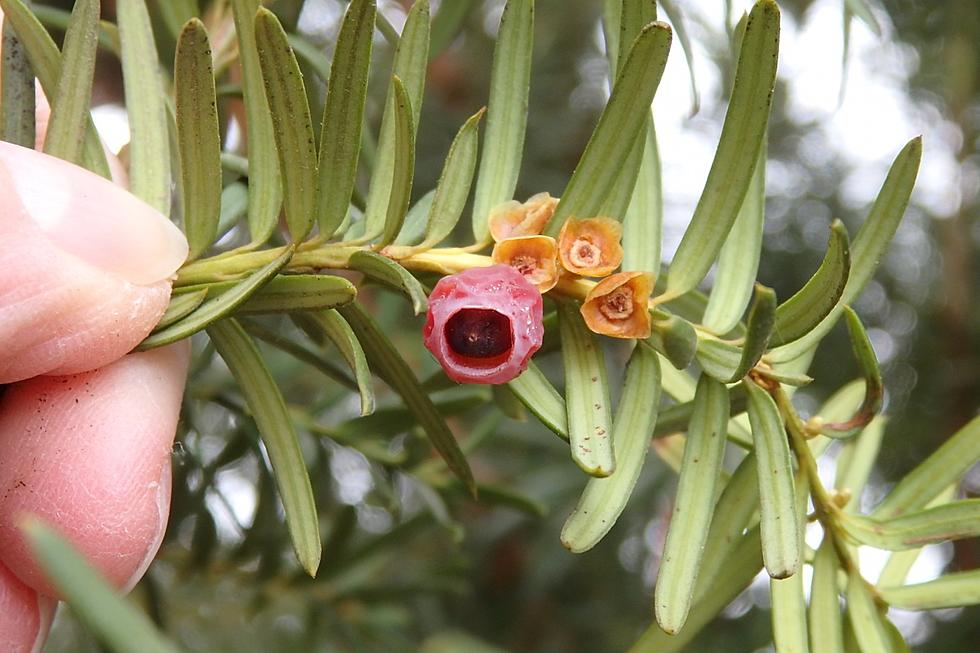
Idaho workgroup starts efforts on salmon, steelhead recovery
BOISE, Idaho (AP) — Idaho Gov. Brad Little told a salmon and steelhead recovery group Friday it should focus on achievable goals that can bolster the state's struggling fish populations.
Little also told the nearly two dozen environmentalists, ranchers, recreationists, power company and state officials at their first meeting that it will help define the state's position on federal efforts to save salmon and steelhead in the Columbia Basin.
Billions of dollars have been spent in Idaho, Oregon and Washington to save 13 species of Columbia Basin salmon and steelhead protected under the Endangered Species Act. Four of those species are in Idaho.
"I just feel strongly that helping salmon thrive and fostering a strong Idaho economy produces good jobs," Little said. "Those two things are not mutually exclusive."
The Republican cautioned the group not to get bogged down in discussions about breaching four dams on the Snake River in Washington.
"I remain unconvinced at this time that breaching the dams will recover salmon in Idaho," he said. "In order to keep this diverse group of stakeholders (together), we will put polarizing issues aside and focus on pragmatic, achievable solutions."
A federal judge ruled in May 2016 that the U.S. government hasn't done enough to improve Northwest salmon runs and ordered an environmental review, urging officials to consider removing the dams.
Federal agencies are working on that document that involves 14 federal projects on the Columbia River system.
"This workgroup's effort should help inform Idaho's position on this massive undertaking," Little said.
Idaho Conservation League Executive Director Justin Hayes, a panel member, questioned Little about appearing to take dam breaching off the table. But he also said Little forming the panel showed he cared about healthy salmon and steelhead populations.
"Seeing Gov. Little commit resources to bringing people together to try to find solutions is a step in the right direction," Hayes said.
Republican Rep. Fred Wood of Burley, another panel member, said perhaps it is time to look again at the issue that has been simmering since the 1990s.
"I asked myself, 'What has changed?'" he said. "Of course, it's a new governor. So let's take a fresh look at it and a fresh look at the science that is currently available and see where we go from here."
By KEITH RIDLER Associated Press
More From News Radio 1310 KLIX









